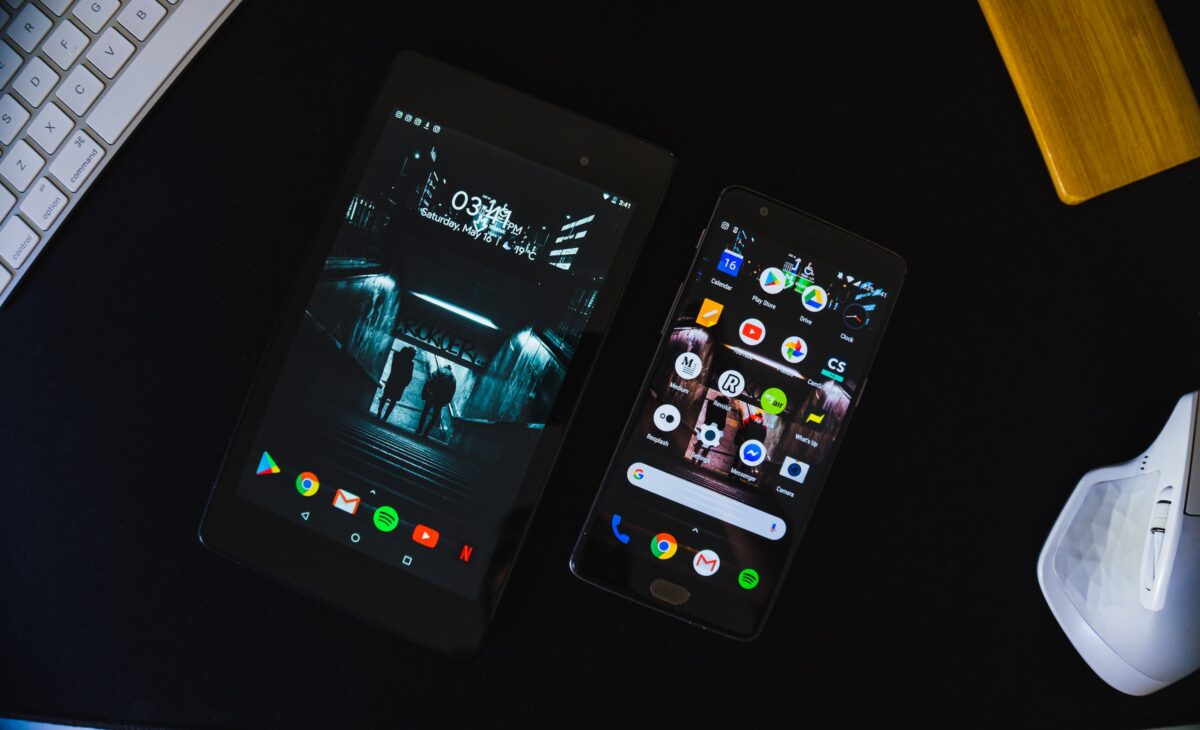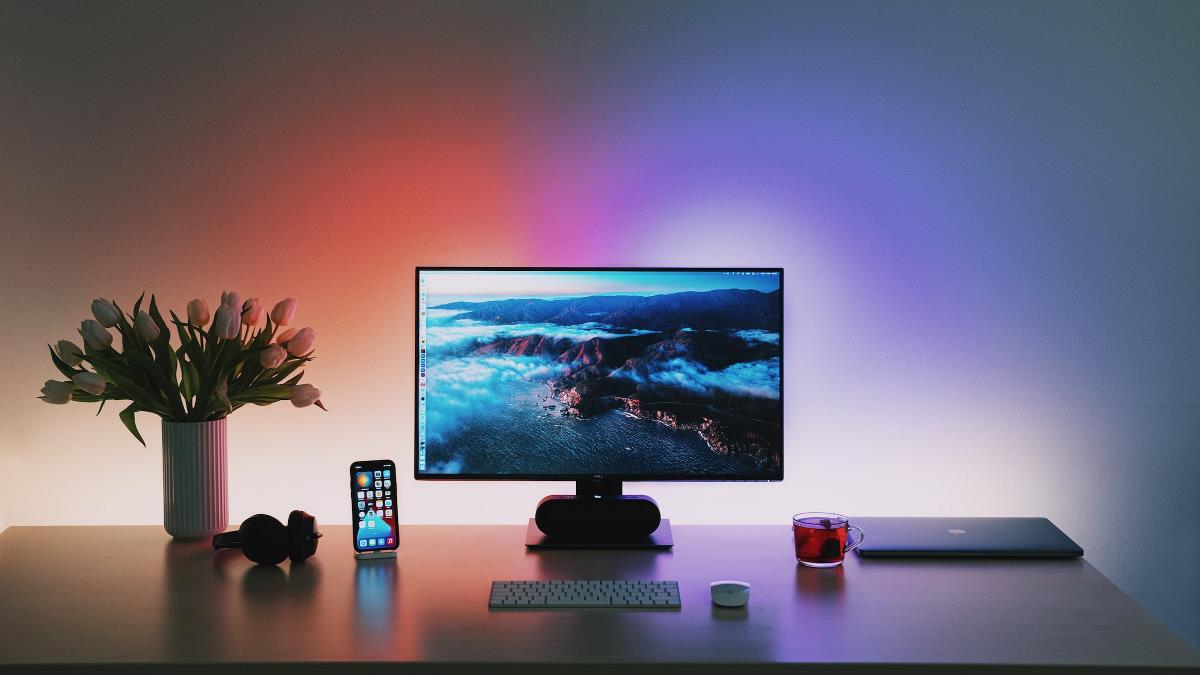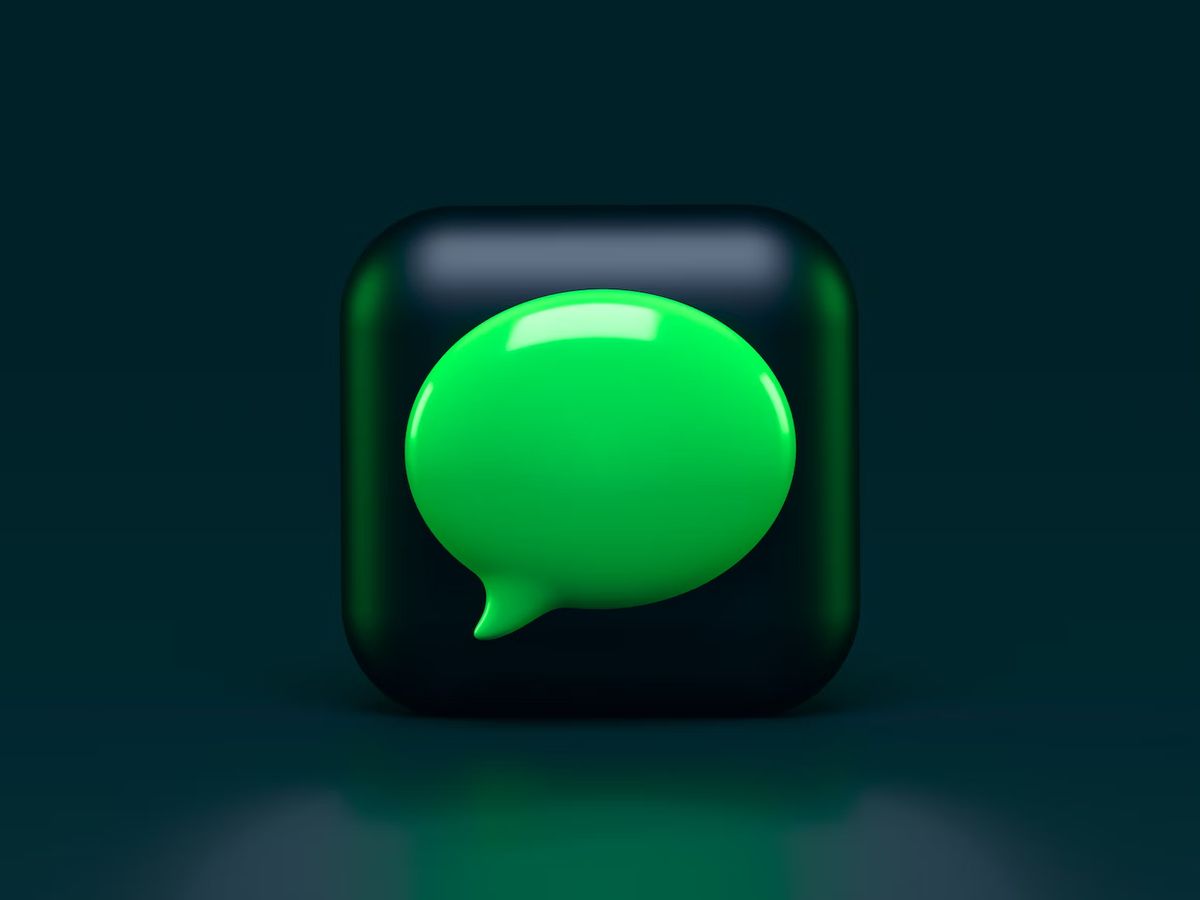Jailbreaking Now Legal, In The US
Jailbreaking refers to methods to modify a device to remove some, or even all, of the restrictions that are imposed on it by its developer. Most people think iPhone if they talk about jailbreaking. A standard iPhone is severely limited, users can for instance only use AT&T as their carrier, and apps are only available through Apple's official iPhone store.
A modified phone on the other hand does not have those restrictions. It is possible to select another mobile phone carrier, and install apps from other stores and locations.
New US government rules announced on Monday allow mobile phone owners to legally jailbreak their phones.
The exemptions were granted as part of a statutorily prescribed rulemaking process, conducted every three years to mitigate the danger the DMCA poses to legitimate, non-infringing uses of copyrighted materials. The DMCA prohibits "circumventing" digital rights management (DRM) and "other technical protection measures" used to control access to copyrighted works. While the DMCA still chills competition, free speech, and fair use, today's exemptions take unprecedented new strides towards protecting more consumers and artists from its extensive reach.
Putting legalities aside, which were never the problem in the past, Apple and other mobile phone companies usually deal with jailbroken phones by voiding the warranties, and by issuing new updates that disable jailbroken phones. That means that owners of such phones still need to be careful about updating their phones after jailbreaking them. It could also mean that they won't have access to feature upgrades if they cannot upgrade their phone.
Additional exceptions have been announced on Monday as well:
- Computer users may now bypass external security devices if they do not longer work and cannot be replaced..
- Phone owners may break access controls on their phones to switch to another wireless carrier.
- It is now allowed to break video game protections to investigate or correct security flaws.
- allow college professors, film students, filmmakers and producers of non-commercial videos to break copy-protections on DVDs for educational purposes, criticism or commentar.
- allow blind people to break protections on electronic books so that they can be used with blind-suitable software.
Especially the exception to break access controls on phones to select another carrier should be more than welcome by phone users in the United States, who often had no choice but to select the one carrier that was offering the phone exclusively.
Advertisement





















Nice title! ;) …without thinking about cellphones.
haha, yeah you are right. Thank god this is a tech site ;)
JFYI jailbreaking was/is illegal only where the DMCA is in force .)
The rest of the world never had this problem.
This edict was somehow issued by the Library of Congress, which has no quasi-judicial authority that I am aware of.